About Henry Johnson
My primary field of research is the study of people making music. My research outputs mainly have a social focus, with much work crossing other disciplinary fields (e.g., Asian Studies, Japanese Studies, Island Studies, Diaspora Studies, Performance Studies and Cultural Studies). The ethnographic component of my research methods includes original field research in diverse contexts, including Japan, small island cultures (e.g., Japanese small islands, and the Channel Islands), and New Zealand.Chinese tom tom
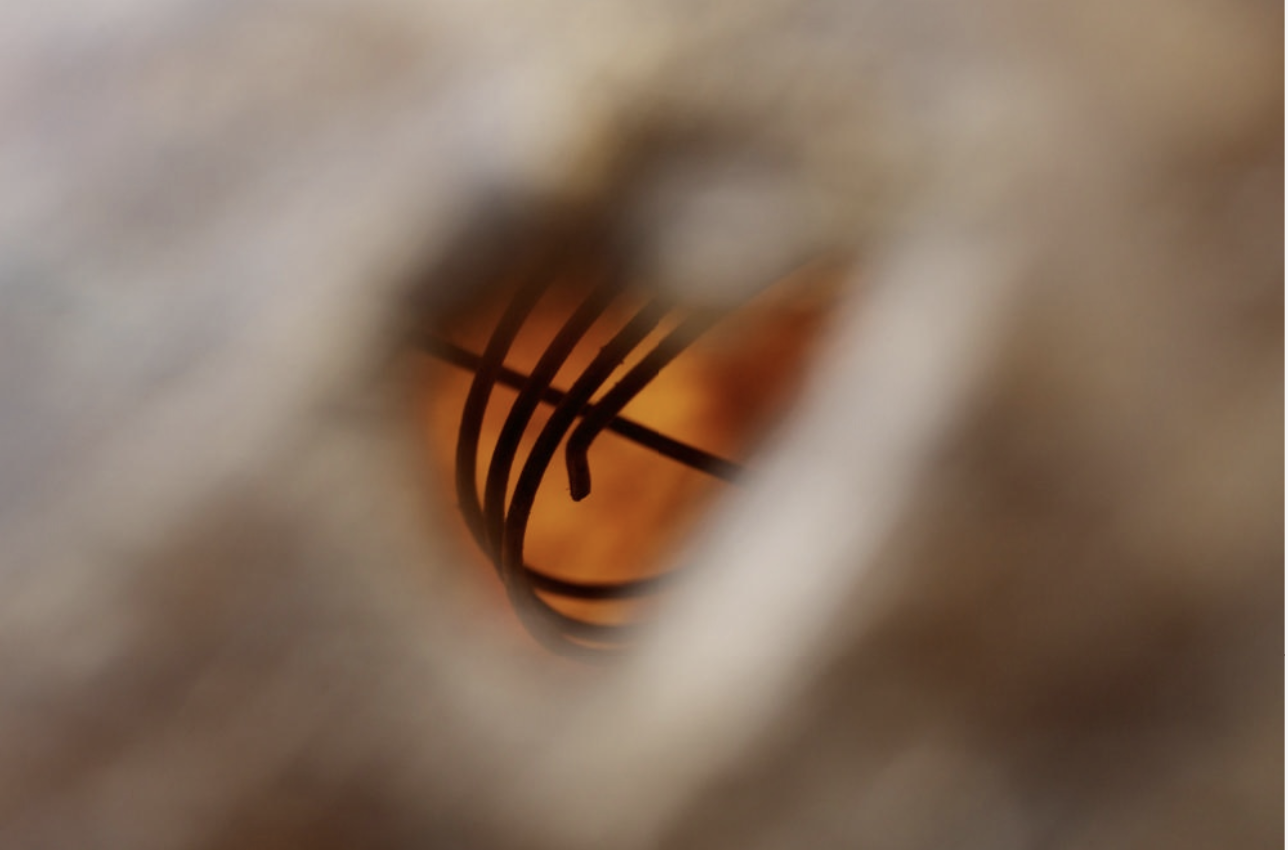 https://ehive.com/collections/3278/objects/1339182/musical-instrument-drum-chinese-tom-tom
https://ehive.com/collections/3278/objects/1339182/musical-instrument-drum-chinese-tom-tom
From
Name/Title
Musical instrument, Drum, Chinese tom tom
About this object
A Chinese tack head, tom tom drum.
We were fortunate to have Professor Henry Johnson from the University of Otago, Department of Music, inspect this drum on 8 October 2021 as part of his research into the history of Chinese music in New Zealand. Here are his notes:
”This is a double-headed frame drum with pig-skin heads tacked around the wooden body on both sides. There is a small hole in one skin due to damage. The drum’s body is made of several pieces of wood that have been joined together, which help form a slight barrel shape. Inside the drum, there is a metal spring device that rattles when the drum is played.
This type of drum is from China (particularly southern China and from Guangdong Province – Canton) and was known especially in the Western world during the development of the early drum kit in the early decades of the 20th century (especially the 1920s). Western drum manufacturers in the United States of America and Europe would import the drums from China for use in the early ‘trap’ set, which would usually include an array of other sound-producing devices (Chinese cymbals and Chinese temple blocks were also used). Such drum kits were used in early jazz, and also in theatre and silent film, where their various instruments helped provide numerous sound-effects. With jazz, this type of drum was gradually replaced by Western-made drums, at first with an upper tuneable head and later with both heads tuneable. At the same time, the drum’s body became tubular, rather than the shallow barrel shape of the Chinese drum.
In China, there are several names for the drum, such as biǎngǔ (‘flat/shallow drum’). In the West, this drum is known by other names, including Chinese tom and chee-foo tom (amongst several other spellings).
The drum has brightly coloured pictorial decoration painted on both skins, all of which has an auspicious meaning. On one side, there is a dragon with its mouth wide open and body spreading around part of the drum skin in the clouds, and with a lion in the centre of the skin, also with its mouth wide open. On the other side, there is an image of another Chinese mythical creature, the phoenix. Above the phoenix’s head, there is a Chinese ideograph for the “sun/day” with cloud decoration all around.’
This drum may be related to the settlement of Chinese miners at the Round Hill Gold Mine in Western Southland.
Maker
Maker Role
Maker
Date Made
1920-1940
Place Made
Medium and Materials
organic, animal, skin, mammal skin, pig skin
organic, vegetal, wood
processed material, metal
Inscription and Marks
Written in black ink on top of side decorated with dragon: ‘W2001.420’
Measurements
diam 285 mm x d 100 mm
Subject and Association Keywords
Subject and Association Keywords
Object Type
Object number
RI.W2001.420
Chinese, Cultural Celebration, and the Monster Procession at Queen Victoria’s Diamond Jubilee Celebration in Greymouth, New Zealand, in 1897
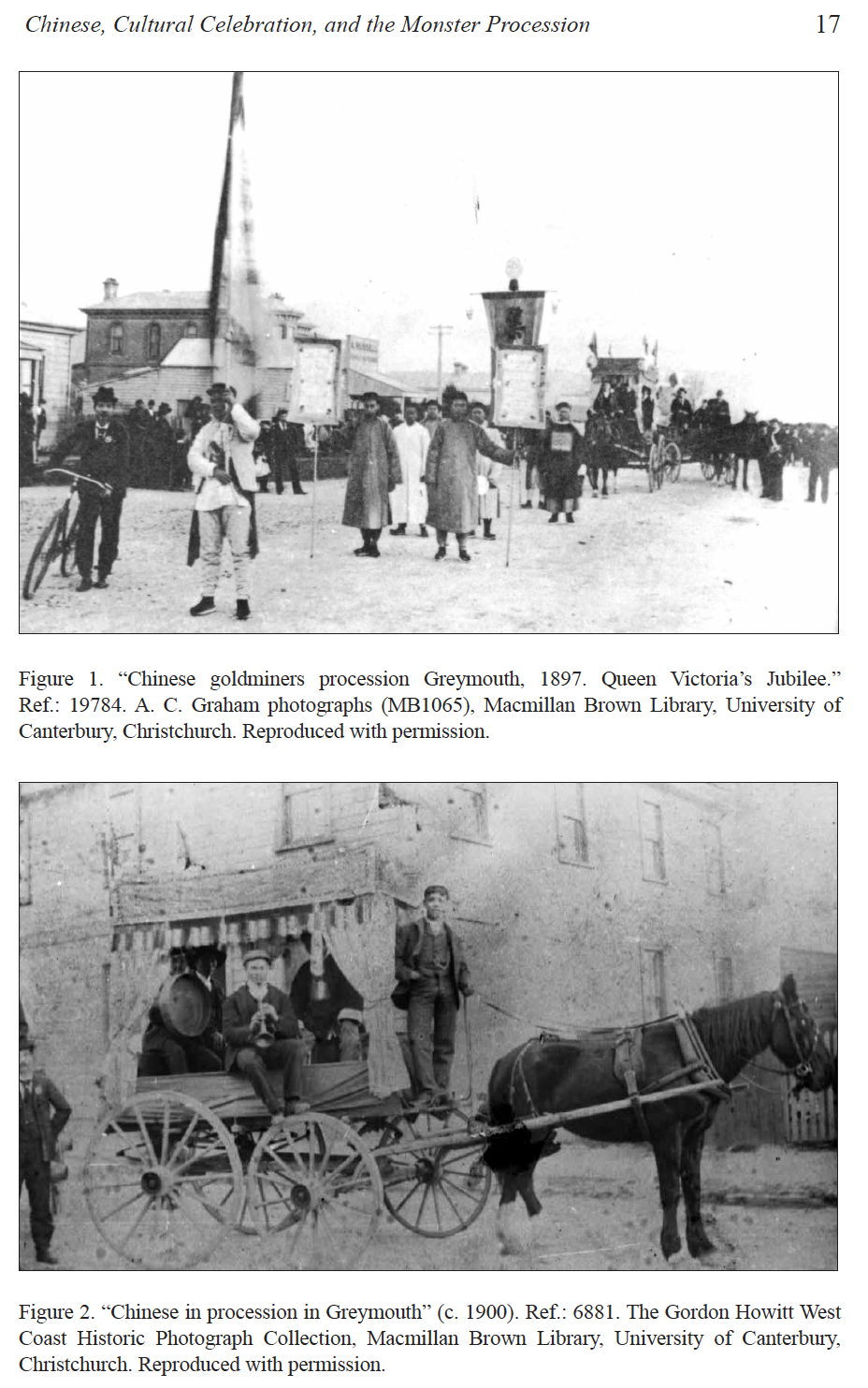
Johnson, Henry. 2024. Chinese, Cultural Celebration, and the Monster Procession at Queen Victoria’s Diamond Jubilee Celebration in Greymouth, New Zealand, in 1897. New Zealand Journal of Asian Studies 26 (1): 5–22 [ISSN 1174-8925]
Ersha Island 二沙岛
Ersha Island 二沙岛. “Auckland-based duo Ersha Island 二沙岛 is made up of two Chinese-Kiwi singer- songwriters who craft music that reflects their biracial upbringings. Having chalked up early achievements in Classical Performance at the China Conservatory of Music in Beijing, sisters Dani 丹丹 and Tee 婷婷 now create mesmerising and memorable soul-pop compositions featuring their piano and violin pedigree” (https://ershaisland.bandcamp.com/)
https://www.youtube.com/watch?v=fwHgsz4TwzQ&list=OLAK5uy_mIvDPZhyar_u6rW9VHwMOTJL5vMSx-kiY
Conference presentation – the piano
Conference presentation
A few slit drums for sale in Wellington
A few slit drums for sale in Wellington (May 2022).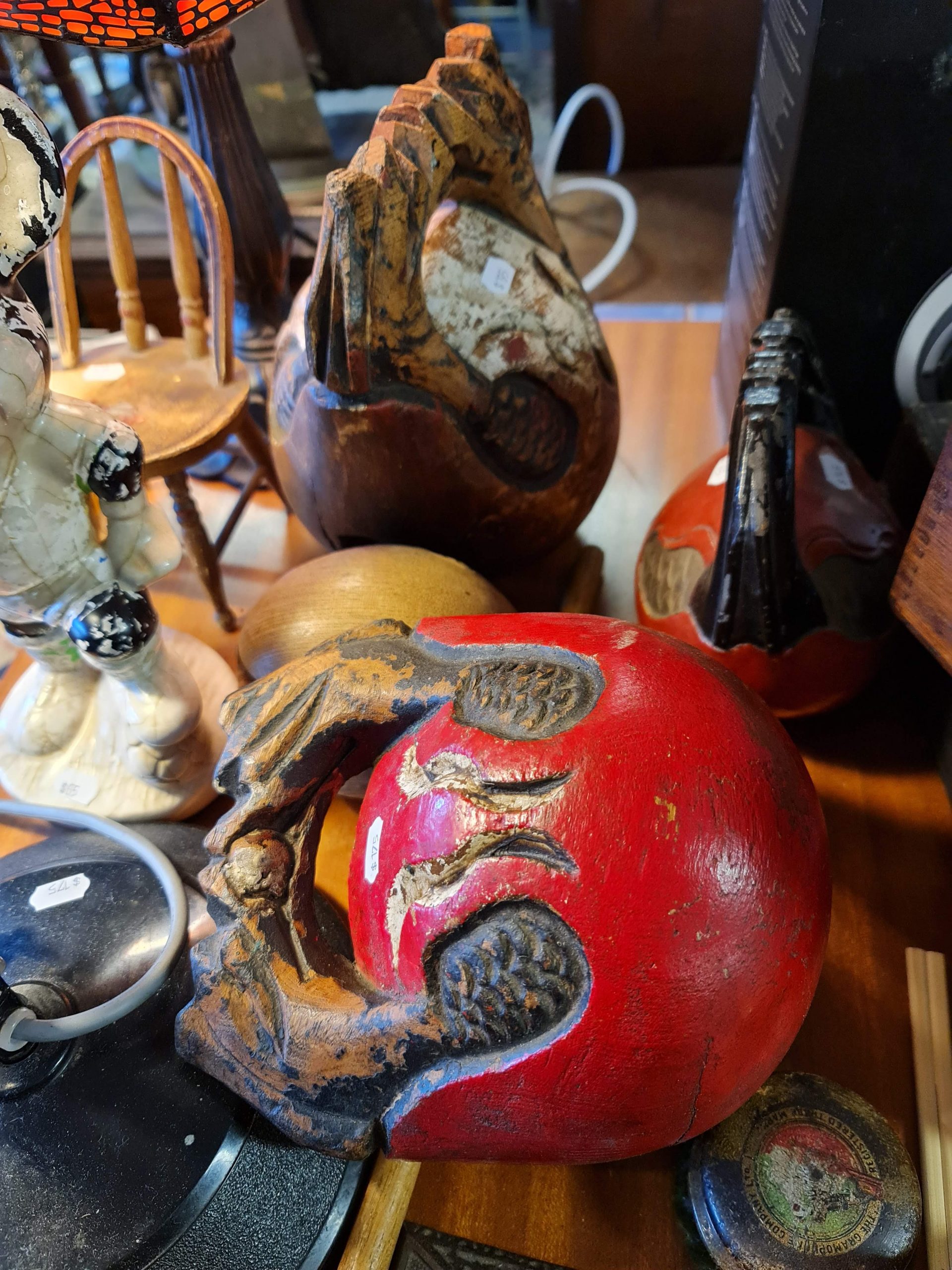

17th Crossover Dialogues International Conference on Performing Arts Studies
Talking about the history of Chinese music in Aotearoa New Zealand at the 17th Crossover Dialogues International Conference on Performing Arts Studies, National Taiwan University of Arts, Taiwan.
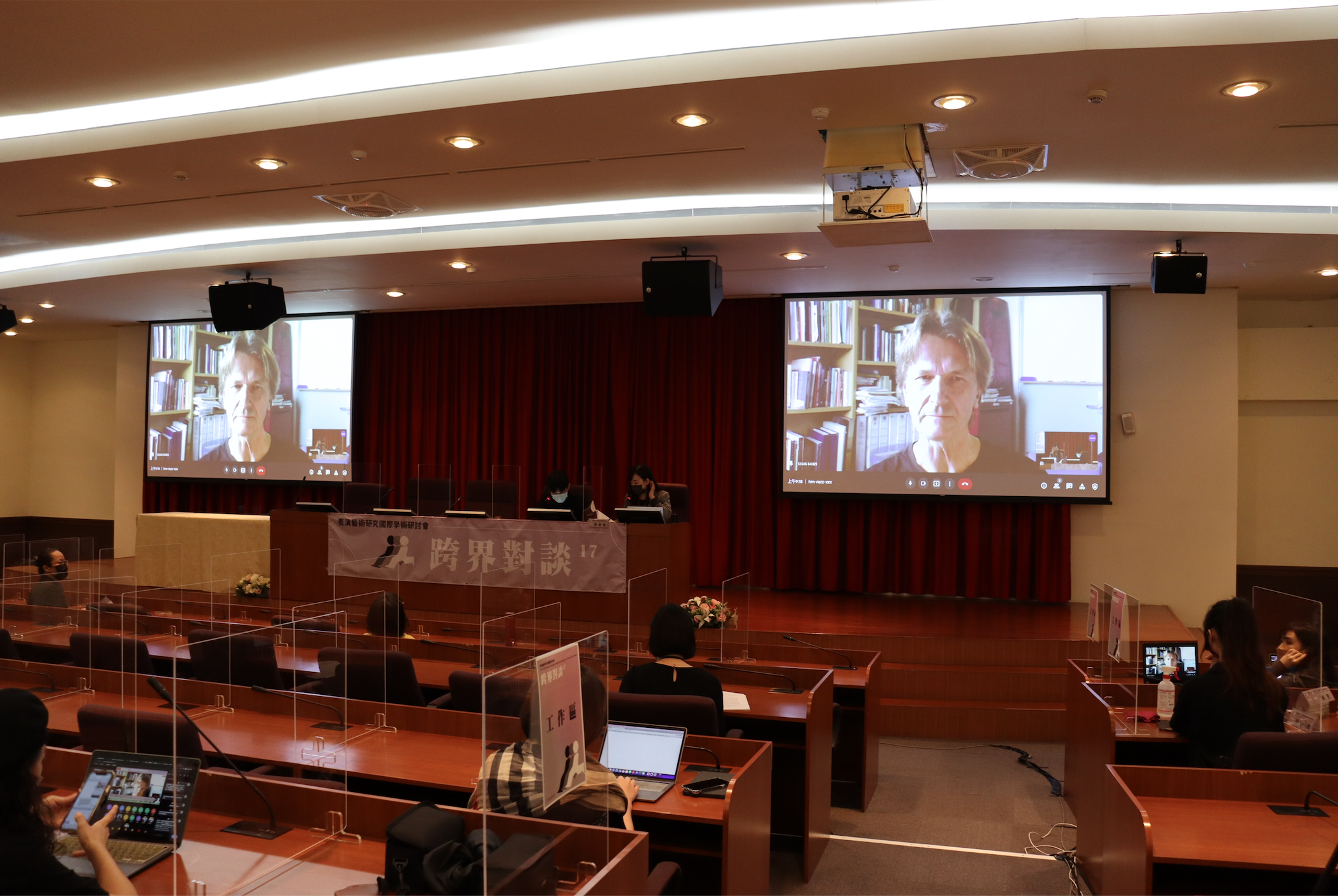
“Chee Kung Tong and Diasporic Sound in New Zealand”
Now published:
Johnson, Henry. 2022. Chee Kung Tong and Diasporic Sound in New Zealand: The Wellington Chinese Masonic Society’s Collection of Musical Instruments. The Galpin Society Journal 75: 157–173; 192 [ISSN: 0072-0127]
Ersha Island 二沙岛
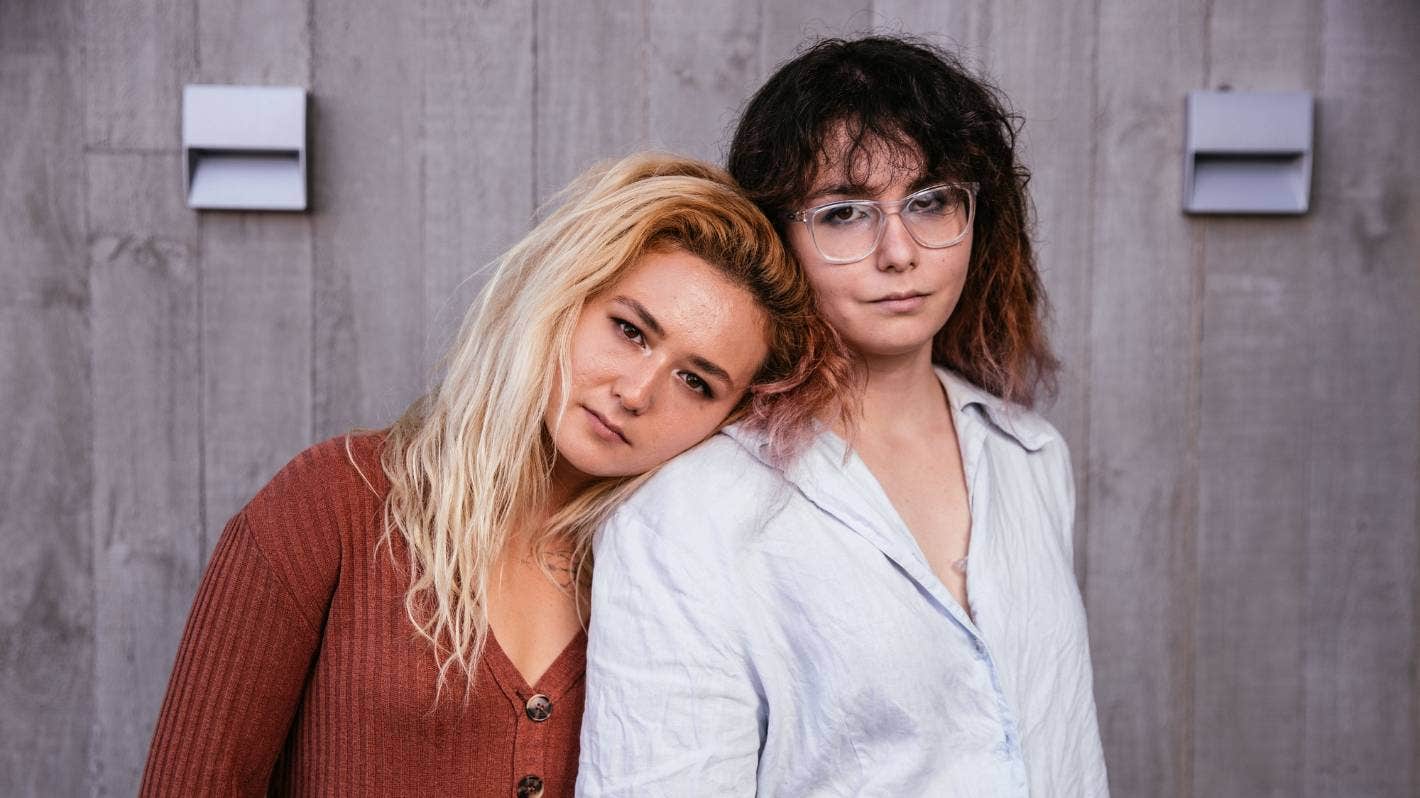
Abigail Dougherty/Stuff
“Auckland-based duo Ersha Island is the musical amalgamation of two Chinese-Kiwi singer-songwriters inspired by their biracial upbringing.
Having chalked up early achievements in Classical Performance at the China Conservatory of Music in Beijing, sisters Dani and Tee now create mesmerising and memorable soul-pop compositions featuring their piano and violin pedigree.
Ersha Island performed at Grrrl Fest (Hamilton, 2021), and have been writing new music in both English and Mandarin; they will release their debut singles Gut Feeling and Good Day on 22-2-22 on both Western and Asian/Chinese platforms.
Band Members:
Danielle Hao-Aickin
Tee Hao-Aickin“
Erhu (Chinese Violin) lessons for all ages
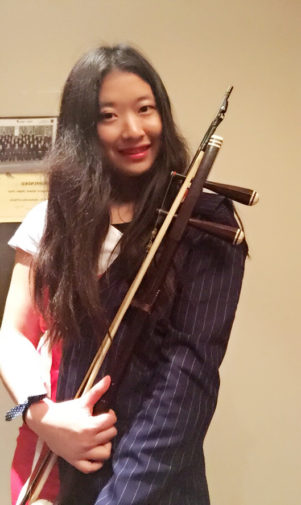
“Zoe Li is a Chinese violin—(erhu, which instrument has only two string) player and teacher in Wellington. She has finished her Bachelor of Music at Wintec, Hamilton in 2019 and she is currently a post-graduate music student at Victoria University (Wellington Kelburn Campus). Within her classical career, Zoe has worked with lots of quartets, ensembles and Orchestras all over the world, including Beijing string ensemble, NZ ECPF quartet, Singapore folk orchestra and so on. She has six years of 6 teaching experience and loves teaching erhu to students from age 5 to adult.
Zoe started to learn erhu when she was 6 years old. At the age of 15 Zoe began taking private lessons from a famous erhu player in China, named Sun Huang and during the same year gained her Grade 10 exam for C.M.C.A (Chinese Music Cultural Arts). In 2005 she competed in Beijing’s Strings Music competition and was awarded the silver award for second place. In 2008, she was invited to play the erhu in the “Bird Nest” performance during the closing ceremony of the Beijing Olympic Games. In 2017, she met John Key and received the gold award in the World Art Festival. In 2019, she received “ Rising Star” at Final Round of Melbourne International Shaoqin Erhu Competition. Alongside playing traditional Chinese folk music, Zoe has found a love for blues and jazz. She has performed in Electronica Musical “CHOLE AND THE CHOSTS OF ELECTRIC SOULDS” with the great music doctor Jeremy Mayall.
“Music education can help spark a child’s imagination or ignite a lifetime of passion. When you provide a child with new worlds to explore and challenges to tackle, the possibilities are endless. Music education should not be a privilege for a lucky few, it should be a part of every child’s world of possiblity.” Zoe love to stimulate student’s creativity and imagination through the erhu !”(https://ratastudios.co.nz/individual-instrument-lessons/erhu-chinese-violin/)
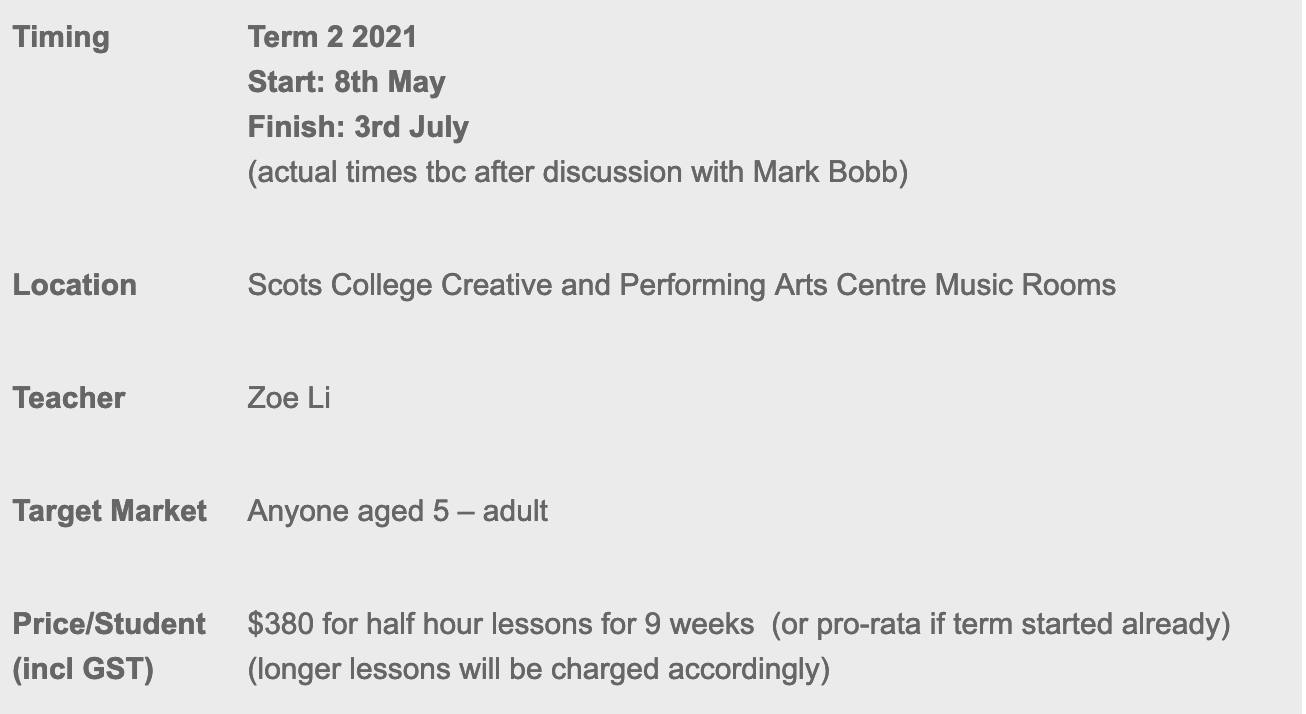
https://ratastudios.co.nz/individual-instrument-lessons/erhu-chinese-violin/

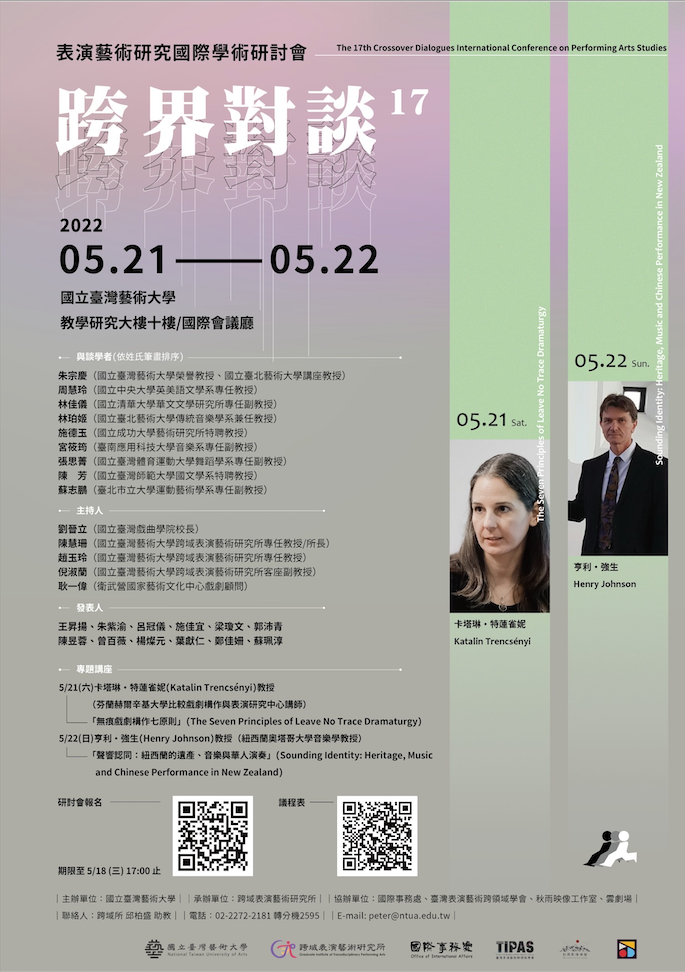

Recent Comments